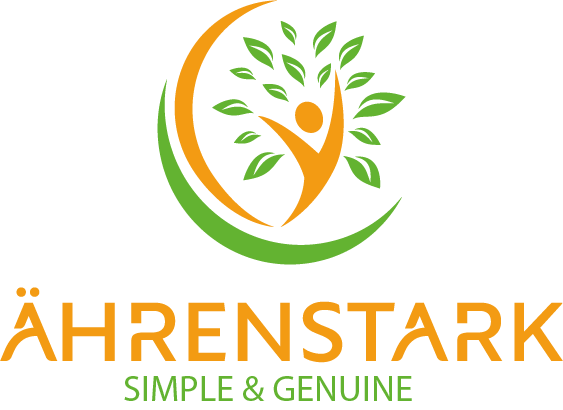Performance and endurance sport
In contrast to healthy, moderate exercise, competitive and endurance athletes place significantly greater demands on the body.
Daily training to achieve better performance in competitions (competitive sport) or the strenuous maintenance of exercise over as long a period as possible (endurance sport) regularly pushes the body to its limits.
The aim is to maintain or increase performance and strength. The metabolism is increased. Due to short regeneration times, you tend to become exhausted and are often more susceptible to infectious diseases. The greater oxygen supply supports the formation of free radicals, which weaken muscle cells and the immune system.
The mostly low-fat diet of endurance and competitive athletes is good for fitness because it is less heavy on the stomach, does not affect breathing depth and does not make you tired or thirsty. At the same time, however, it leads to a decrease in energy and performance. Despite the increased requirement, fewer vital minerals are absorbed.
At the same time, they are increasingly excreted due to the increased loss of fluids during sweating. Sodium in particular is lost, but zinc is also reduced in the ratio of 1 mg per liter of sweat.
The need for micronutrients, e.g. trace elements, is higher in endurance and competitive athletes not only because of their greater loss, but also because they are catalysts of the metabolism and participate in anabolic processes, e.g. muscle building. For example, the zinc content in trained muscles is significantly higher than in untrained muscles.
Minerals are not actually consumed during sport, but are released from the depots. It has been proven that the zinc level in the blood rises during physical exertion. However, there is a risk of losing the released minerals with the body fluids, e.g. sweat.
A deficiency of vitamins C and E as well as the minerals selenium and zinc has been shown to occur more frequently in footballers, handball players, gravity and endurance athletes. Competitive athletes have an increased need for potassium, phosphorus and zinc, which can rise to twice the average requirement.
The need for the essential elements of life (vital substances) is significantly increased in endurance and competitive athletes due to depot depletion and fluid loss.
If this requirement is not compensated for, deficiency symptoms occur, which initially manifest themselves in a reduction in performance, prolonged regeneration phases and increased susceptibility to illness.
By regularly taking the "original grain mixture" you cover your daily requirement of vital nutrients.
Performance and endurance are increased - legal doping, so to speak!
The pellets are taken instead of bars and gels during training and races (competitions)! The racing or fighting weight can be easily achieved in a short time by reducing the feeling of hunger and is maintained without the body having to do without vital substances!
